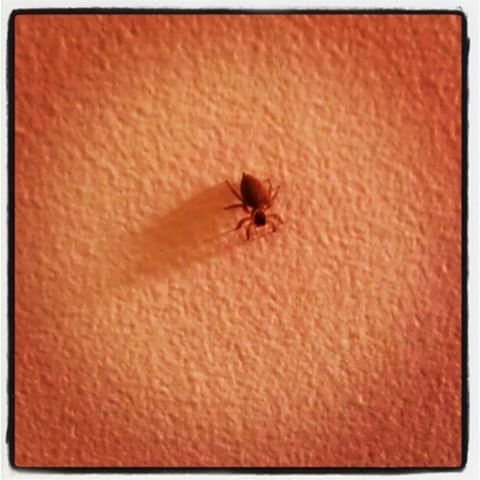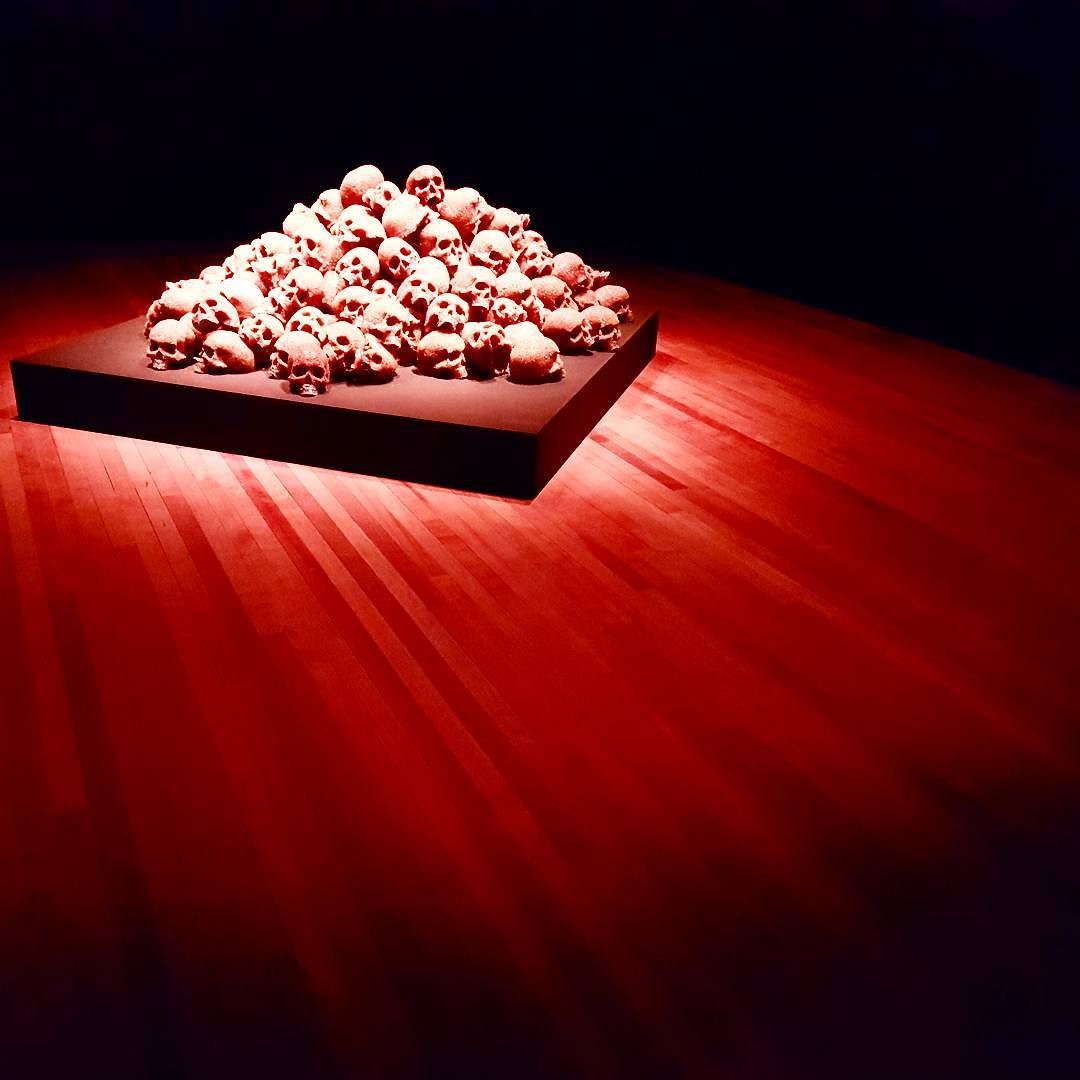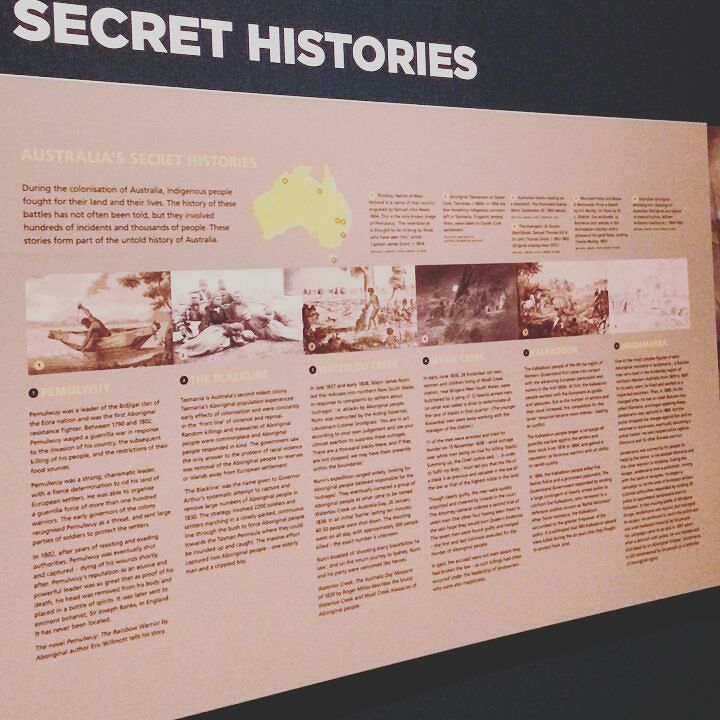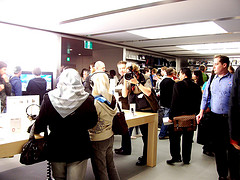
A diminutive spider accompanied by its tiny shadow had me captivated as I pondered the sociology of spiders and fear.
Spiders inspire irrational fright, despite the fact that most spiders can’t harm humans. The small percentage that can are not usually found in our homes and they don’t specifically seek us out for attack. Yet even I overreact at the sight of a spider at home (or in my swag during a recent camping trip!).
Our collective fear of spiders in urban areas is culturally determined, and it far outweighs the risk posed. Spiders feature as focus and metaphor for different types of fears in Western societies. Even amongst educated people, spiders are a source of disgust and anxiety. Why might that be the case?
Continue reading Sociology of Spiders


